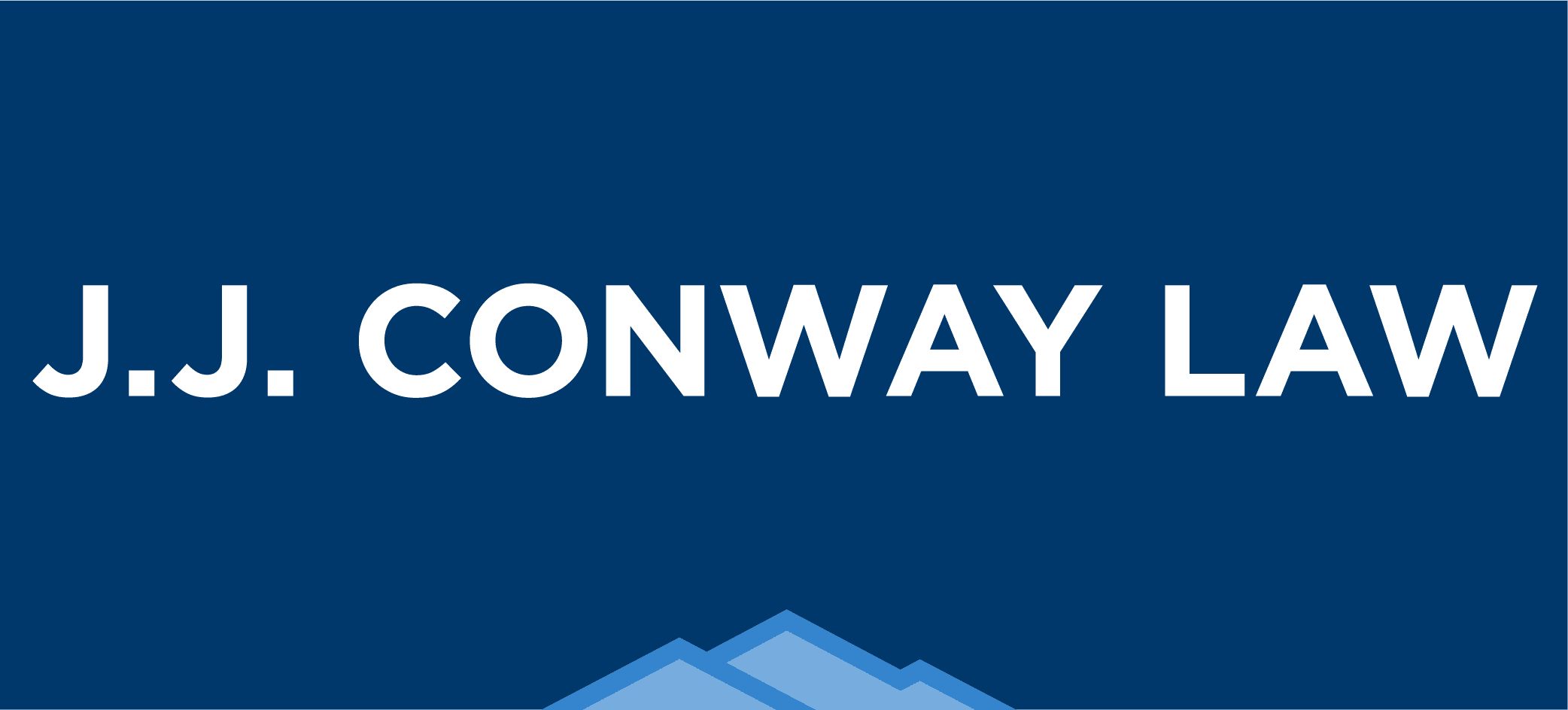Heir apparent? Apparently not. Putting to rest the misconception of inheriting a pension

Pensions were adopted on a large scale in American society in an era of one-earner households as a way to provide the non-working spouse with a financial safety net in the event of the death of the wage-earner. Pensions are their own entities with their own written rules, much like contracts.
Whether or not a parent’s pension can be bestowed upon their progeny comes up frequently in discussions about retirement benefits. A general rule of thumb: pensions cannot be passed on to the children after the death of the parent. They are based on formulations factoring in length of service and wages earned. Pensions are, by design, to end at death.
So, why does there seem to be this persistent, mistaken belief by adult children that they stand to inherit a pension when a family member dies?
Interestingly, one reason originates with the parents. In completing abundant retirement-related paperwork, parents may have identified their children as beneficiaries on non-pension documents such as life insurance. In making an honest mistake, they include pensions as part of the beneficiary mix, then share that inaccurate information with their children. On the other hand, adult children themselves may wrongly assume that because some retirement benefits can be passed on, like a parent’s 401(k), those benefits encompass pensions as well.
There are three main ways pensions can be paid out:
1) Pensions can be paid out as a straight-life annuity over the life of one employee, and that employee would collect a monthly payment from retirement until death.
2) Pensions can be paid out as a joint life annuity and are paid to the employee and a surviving spouse in a smaller monthly payment. Upon death of the employee, that monthly payment would continue at a reduced rate for the life of the surviving spouse. At that spouse’s death, the pension would end.
3) Pensions can be divided by spouses during a divorce. Under federal law, an employee benefit plan must recognize the marital division of assets as long as it receives a copy of the order dividing the retirement benefits. A pension earned during a marriage is considered a marital asset.
There are rare exceptions when a payout can be made to a child. In the design of governmental benefit plans, some plans allowed a ‘survivorship pension’ or ‘survivor’s pension’ in which employees were able to list a relative other than a spouse as the beneficiary of the pension. There are usually restrictions, such as leaving the pension only to a spouse or only to one’s children. From an actuarial standpoint, these types of pensions present unique issues—and depending on the age of the child—there are scenarios where a pension could last as long as 70 years or more.
What types of retirement benefits, then, can be passed on to the children? There are several—no will required. Retiree life insurance can be left to a child by completing a beneficiary form. Some plans, including many plans of unionized workers, offer a death benefit that may be used to cover funeral expenses—and those benefits can be left to a child as a named beneficiary. The same holds true for the balances held in 401(k) or 403(b) plans and other employee contributory savings plans. If the funds are coming out of the employee’s own paycheck, those benefits typically can be passed on to heirs—and with an upside: many continue to enjoy tax-deferred status until distribution.

